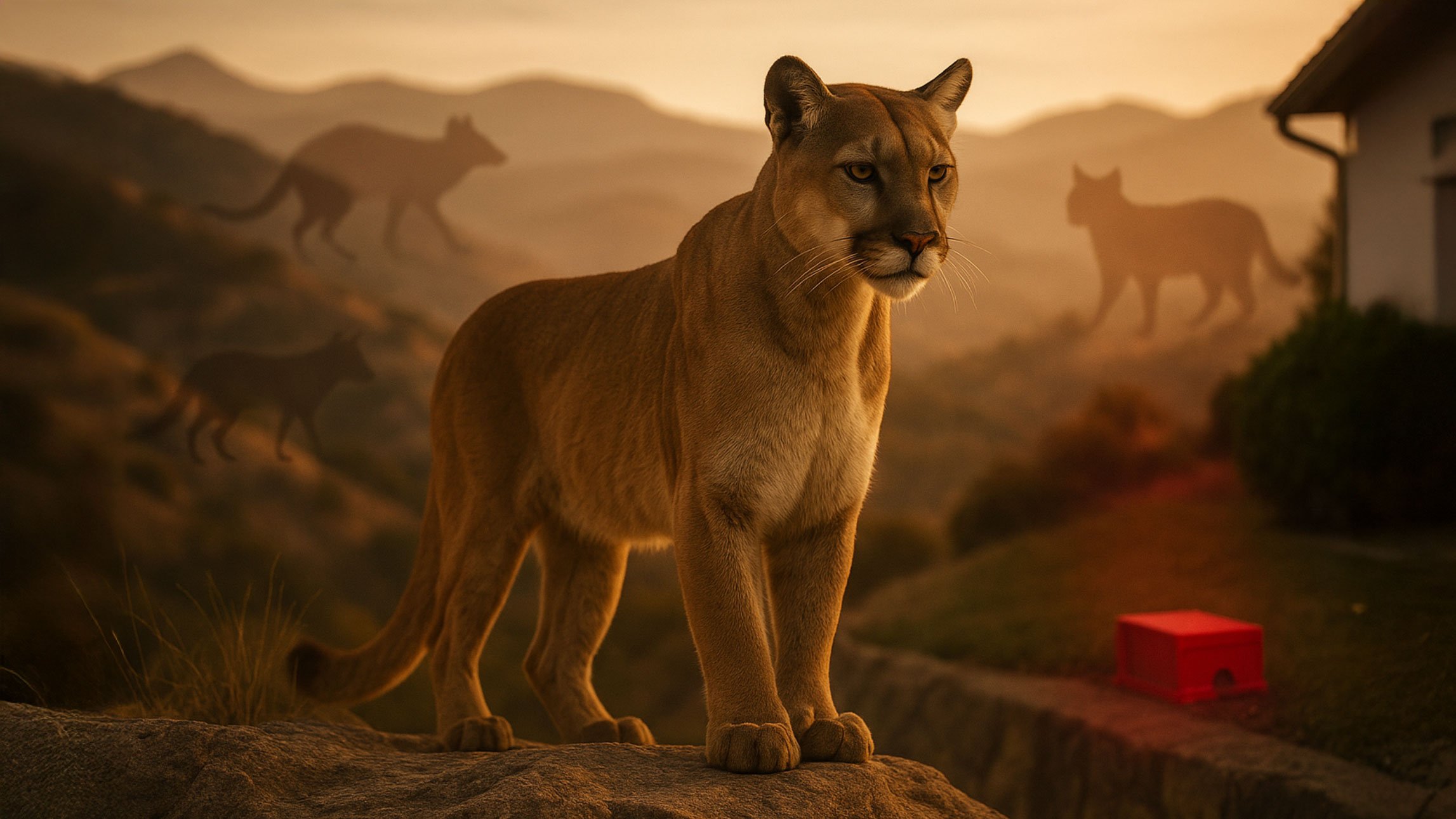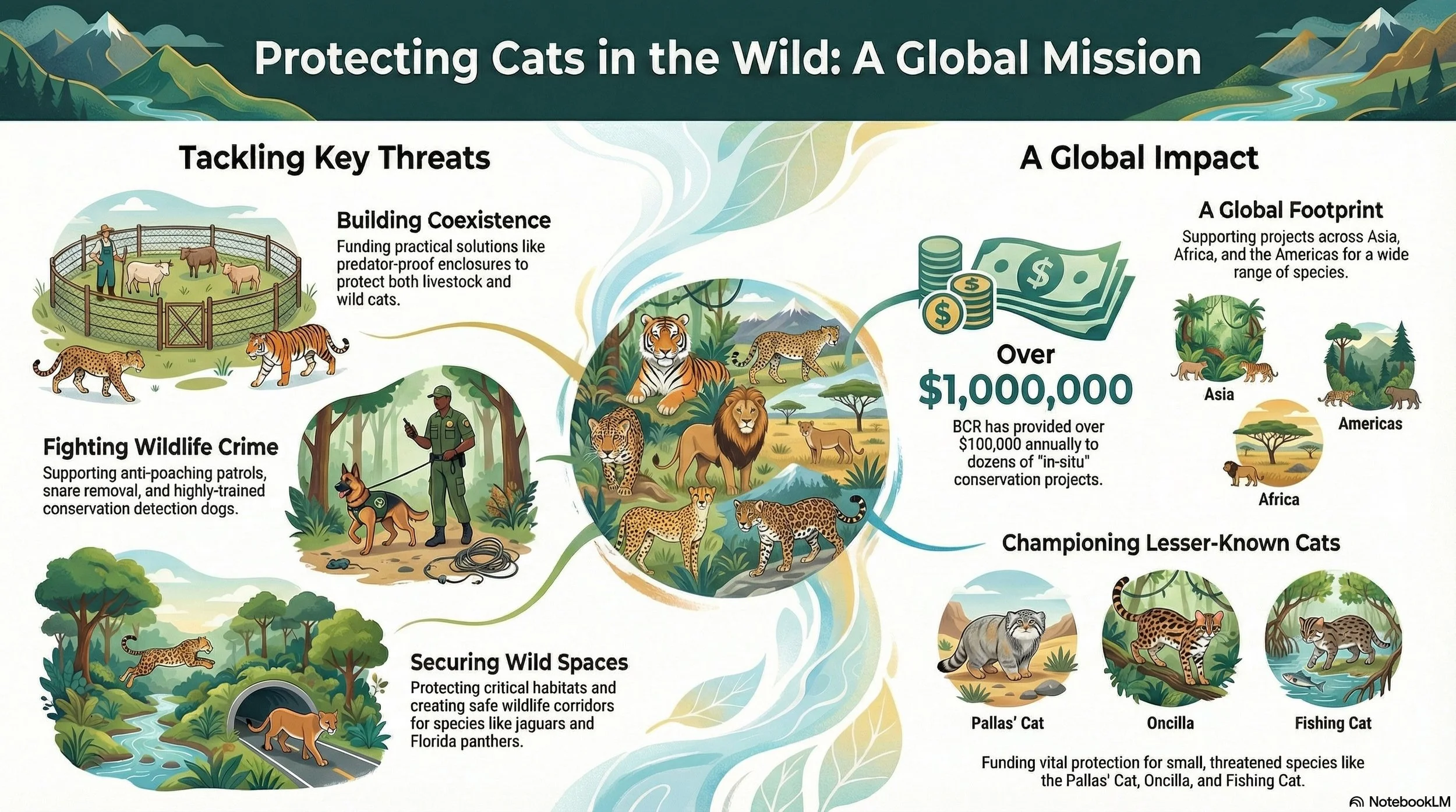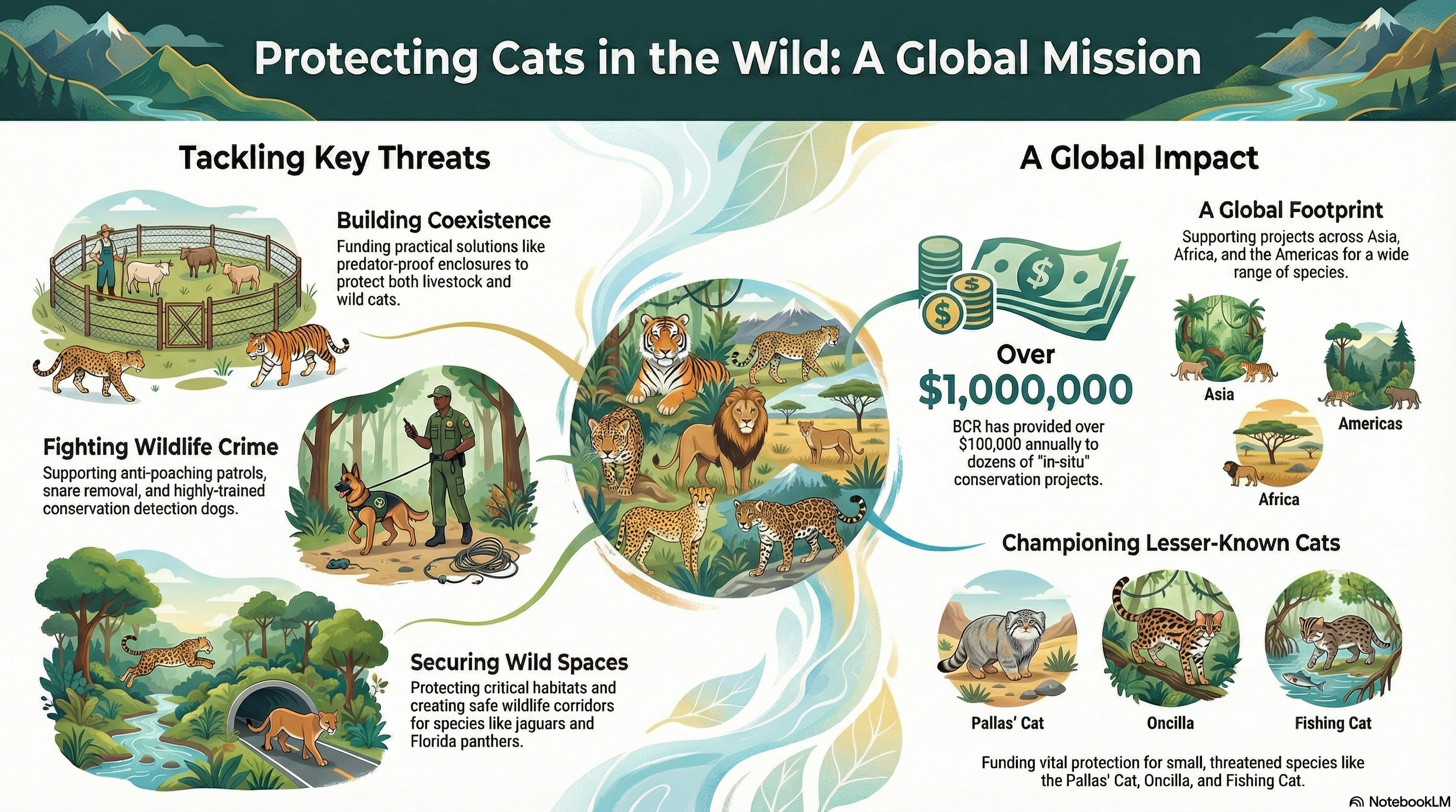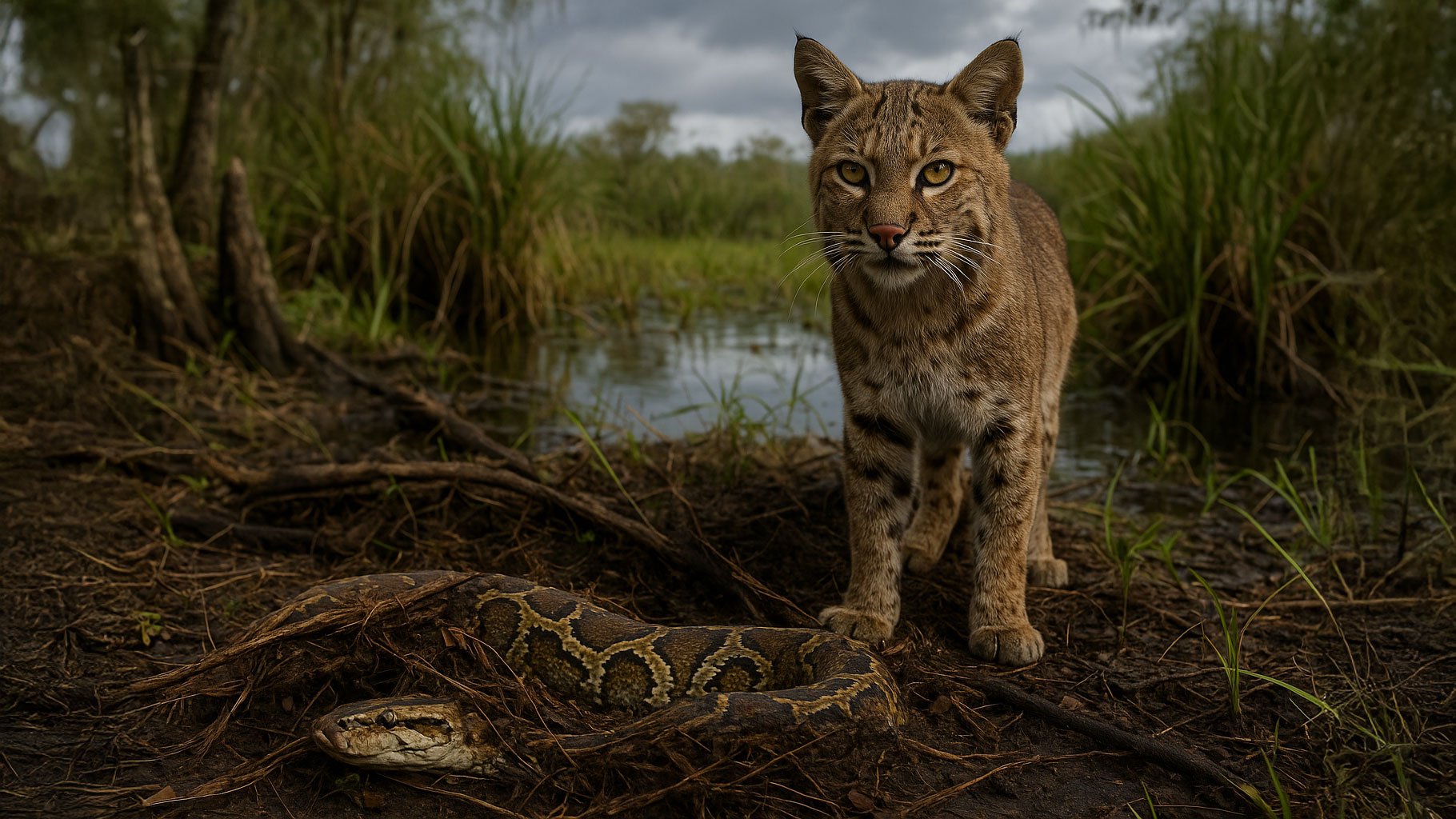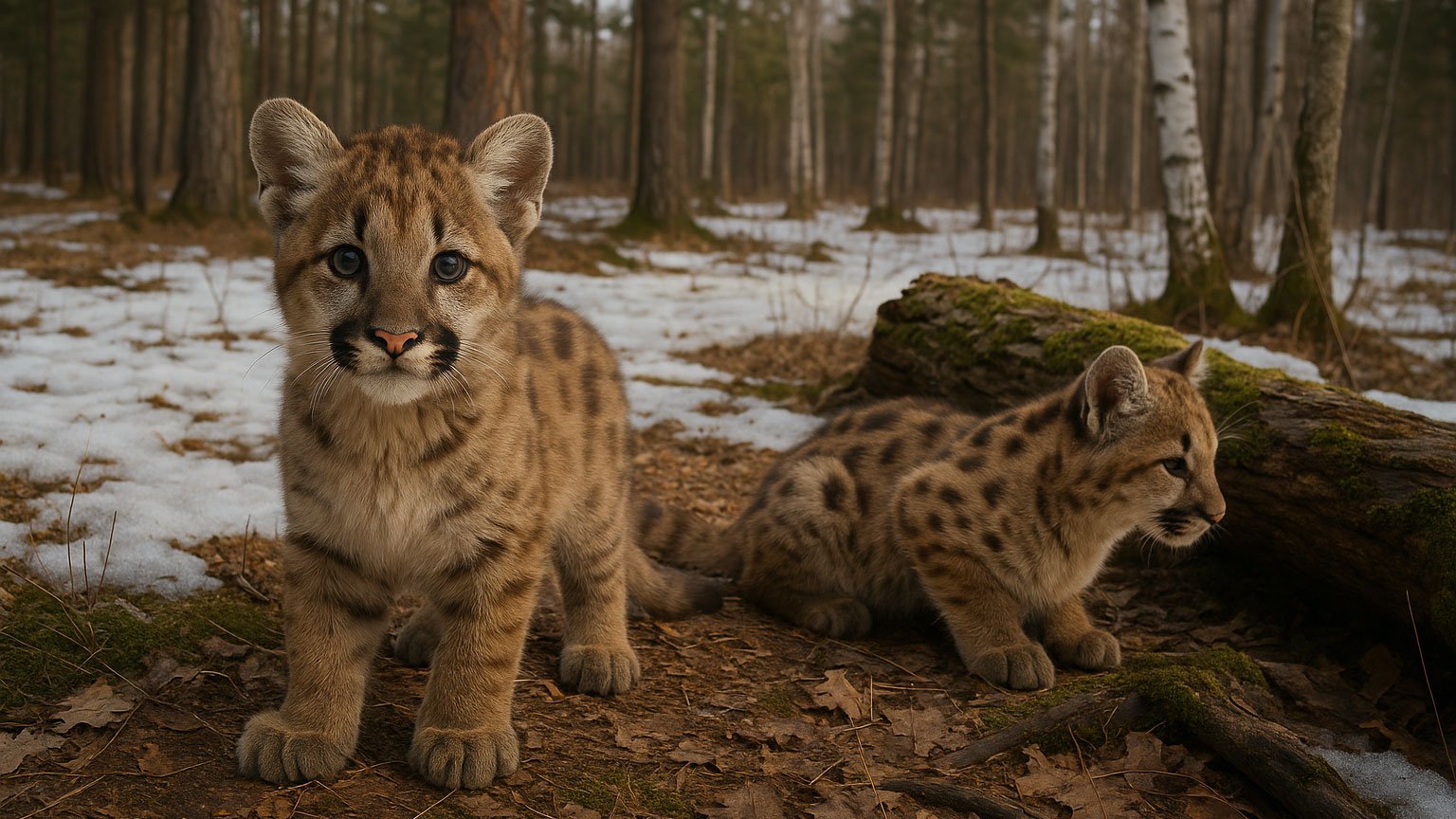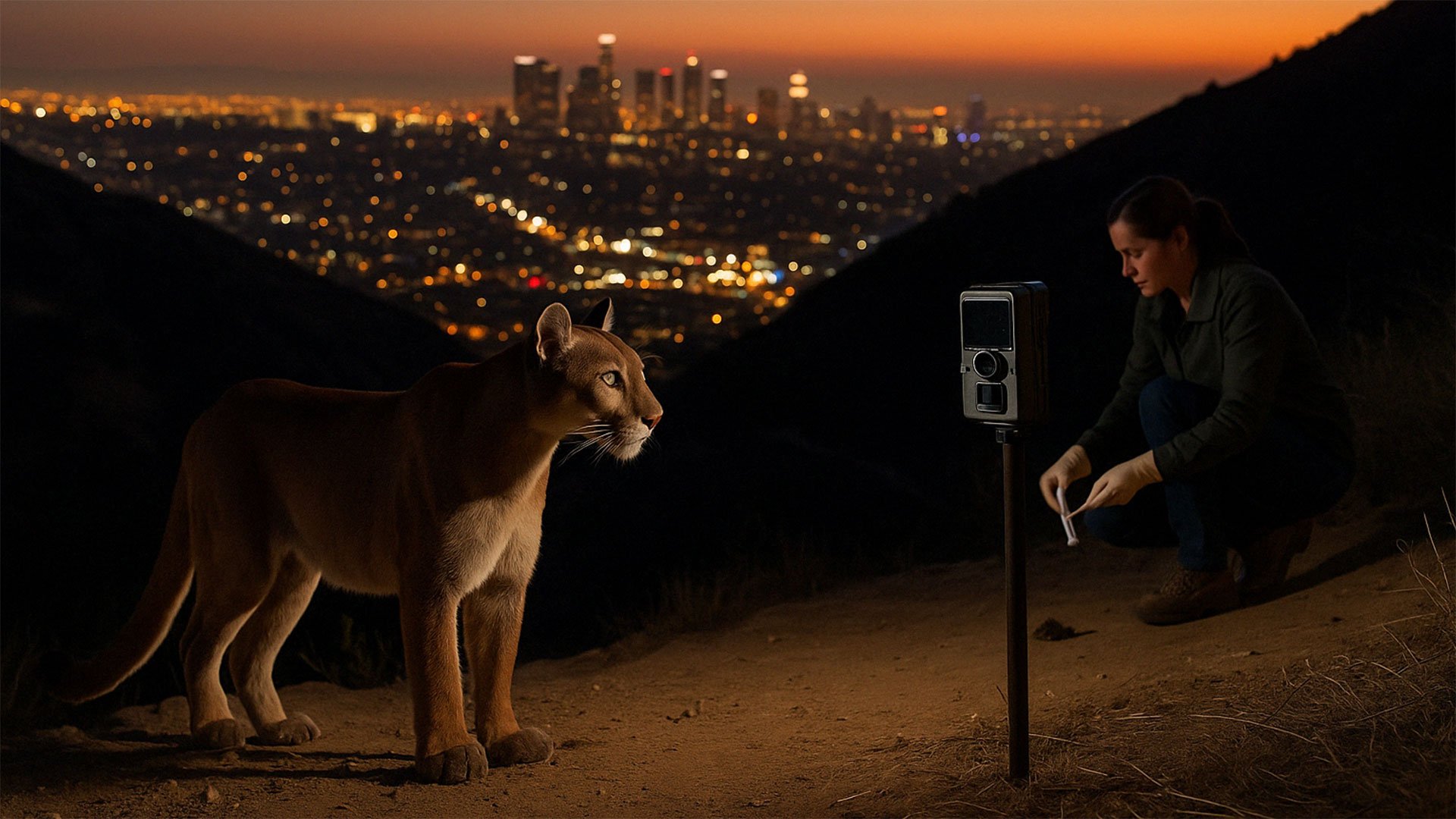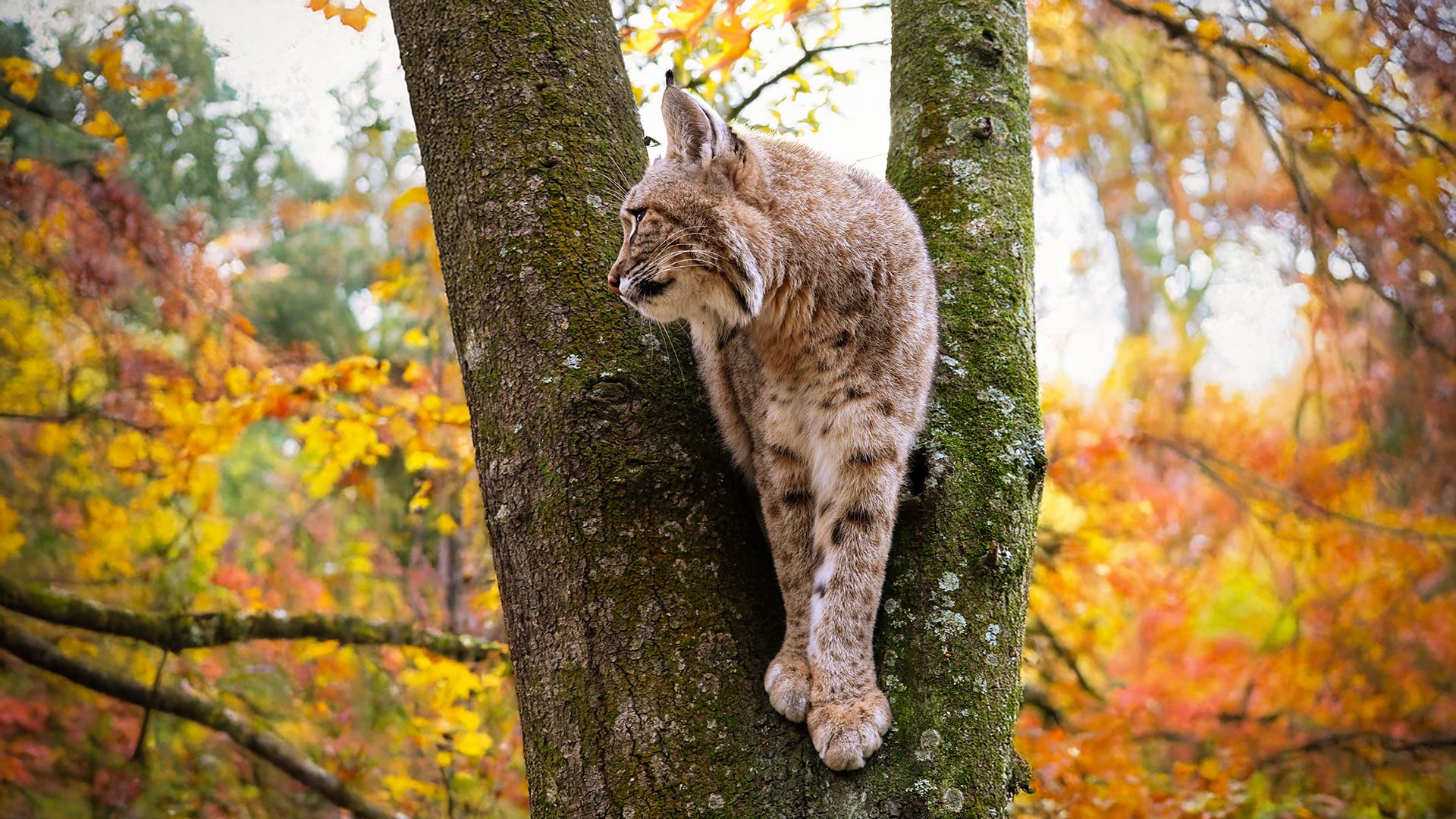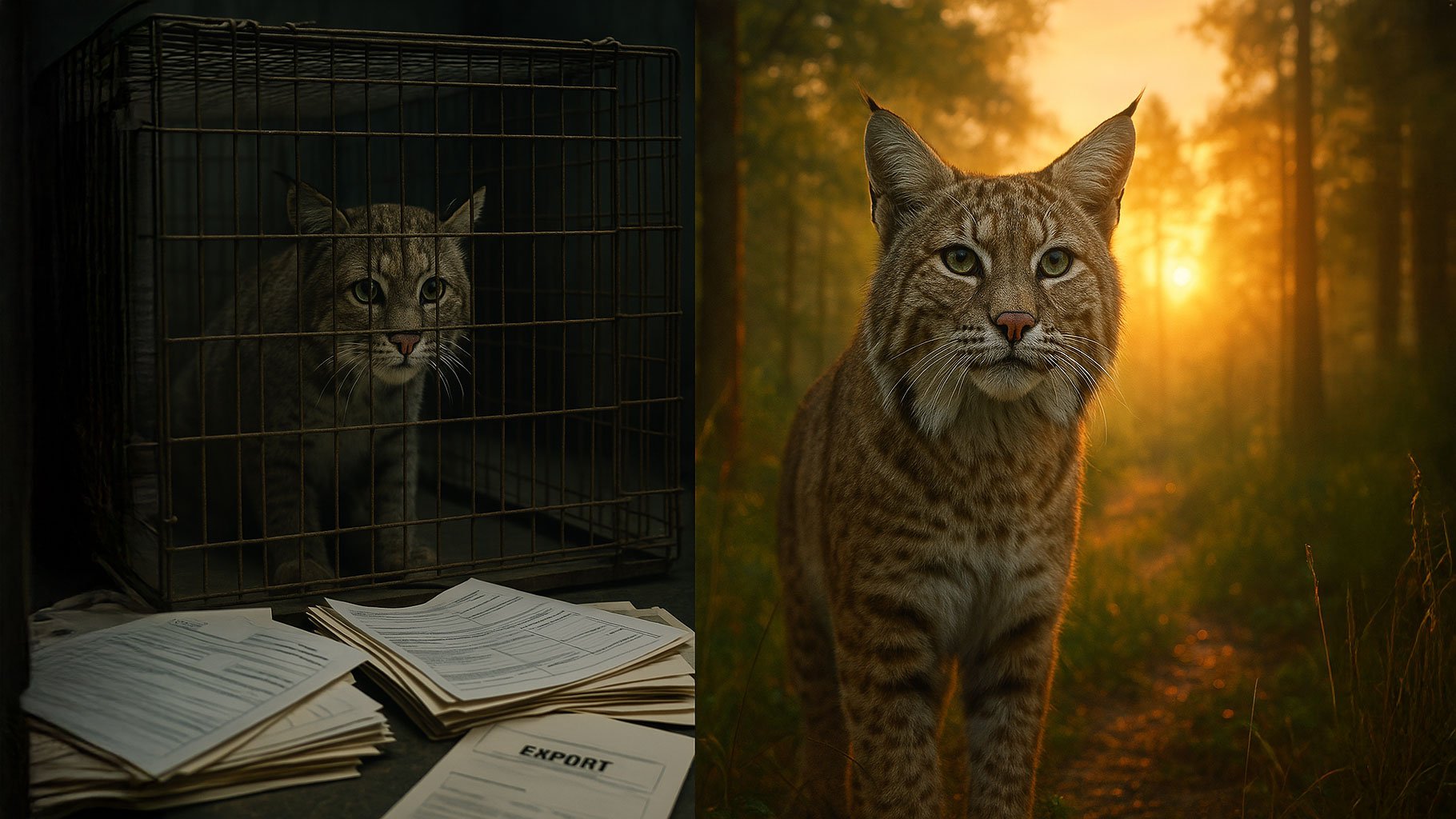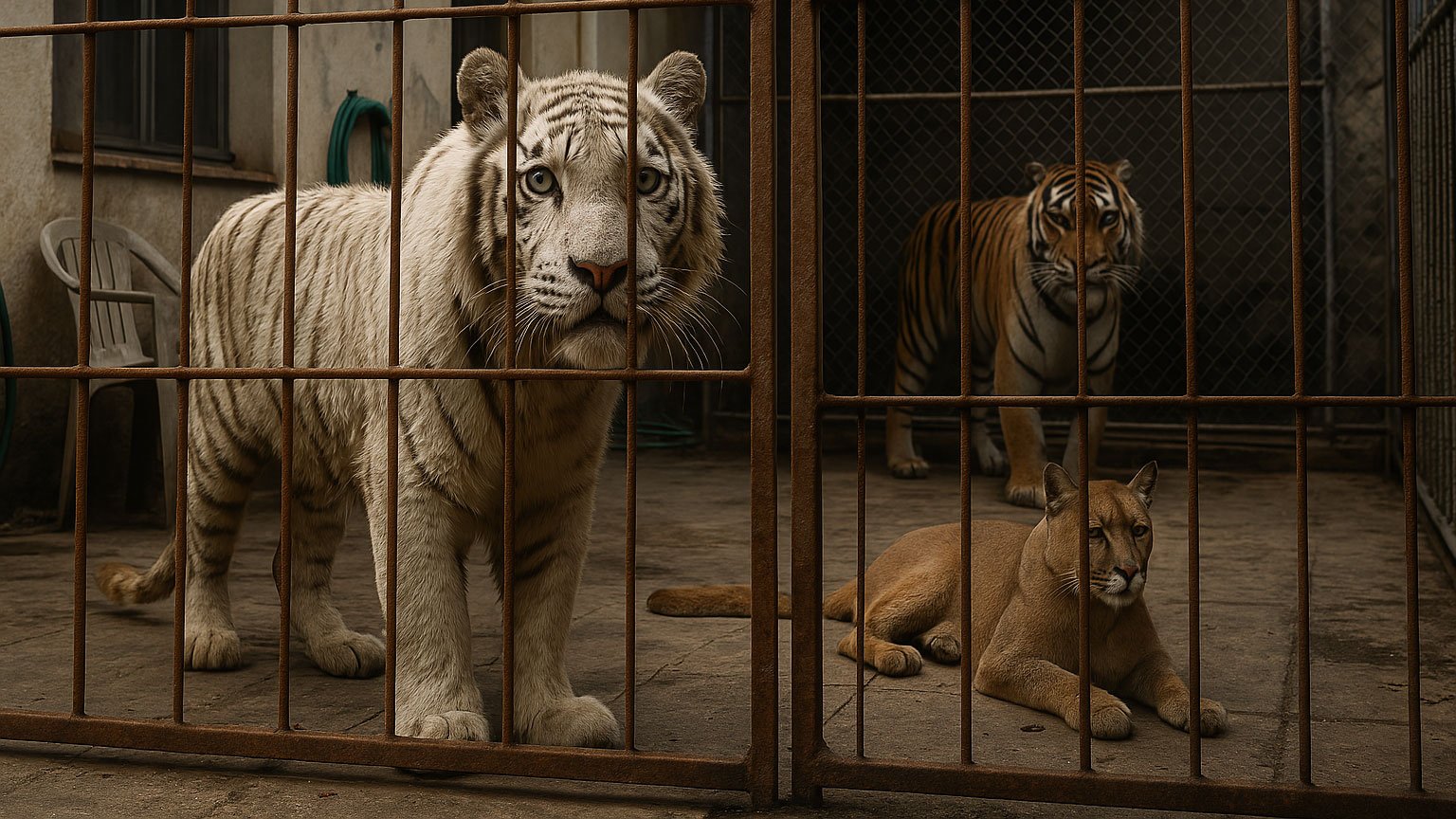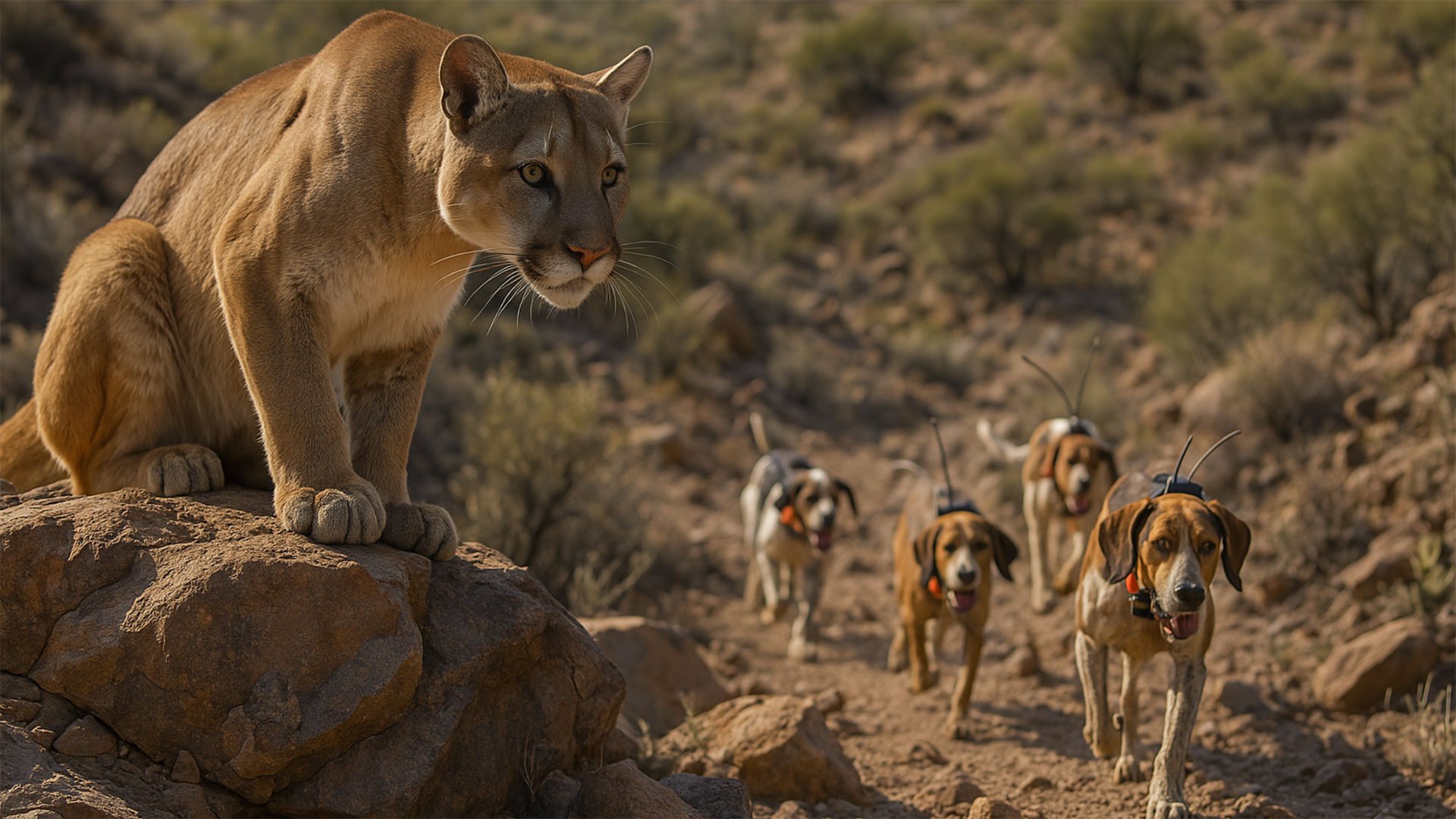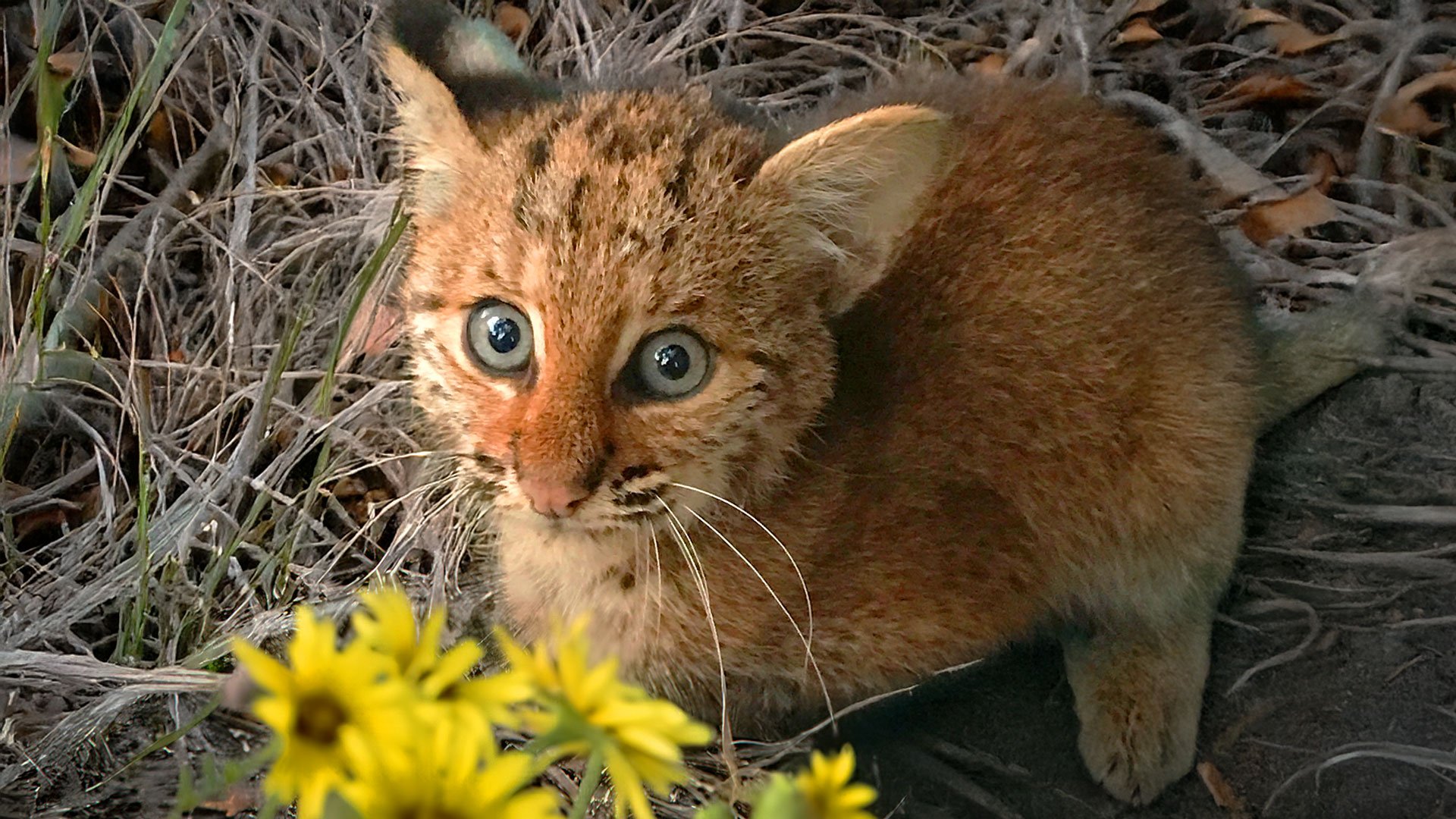The Hidden Killer in the Hills: How Rat Poison is Silently Slaughtering California’s Mountain Lions
Just beyond the urban sprawl of Los Angeles lies a breathtaking stretch of wilderness—the Santa Monica Mountains National Recreation Area. To the unsuspecting hiker or casual observer, it’s a paradise of rolling chaparral, winding trails, and soaring hawks. But hidden beneath this wild beauty is a haunting reality: nearly every mountain lion prowling these hills is silently fighting for survival—not just against roads, territory battles, or shrinking habitats—but against something far more insidious: rat poison.
In a shocking discovery by the National Park Service, 39 out of 40 mountain lions tested in the area were found to have been exposed to anticoagulant rodenticides—a form of rat poison that thins the blood and prevents clotting. Even more tragic, seven mountain lions have died directly from this poisoning, their lives silently snuffed out by chemicals never meant for them.
These poisons aren’t targeting big cats, of course. They’re intended to kill rodents—often used around homes, businesses, and even entire neighborhoods. But what most people don’t realize is how these toxins climb the food chain. A poisoned rat doesn’t die instantly. It can take up to 10 excruciating days, during which the rodent becomes lethargic and vulnerable—easy prey for owls, bobcats, coyotes, and yes, mountain lions.
Imagine a mountain lion mother hunting to feed her young. She catches a poisoned squirrel or rabbit—already doomed—and unknowingly ingests the fatal dose herself. Or picture a majestic lion feasting on a coyote that had consumed a toxic gopher. This is how secondary and even tertiary poisoning happens. It’s a deadly domino effect, and the apex predators are paying the ultimate price.
This isn’t just affecting mountain lions. Bobcats, coyotes, and even household pets have been victims. In fact, during the National Park Service study:
92% of bobcats tested showed exposure to rodent poison.
83% of coyotes were poisoned—making it the second leading cause of death for them.
And again, 94% of mountain lions, including a three-month-old kitten, were affected.
One particularly heart-wrenching case was an adult female mountain lion—designated P-54—who was found to have not only ingested rat poison herself, but passed it to her four unborn fetuses, all of which were poisoned before ever opening their eyes.
Why is this happening? Because we’re using poisons in our yards, around our homes, in public parks—without thinking about the wider consequences. These substances are not staying put. They’re leaching into the entire ecosystem.
But here’s the good news: there are safer, smarter alternatives to manage rodents that don’t result in collateral damage.
You Can Help
You don’t have to be a biologist or a park ranger to make a difference. In fact, the most powerful change starts at home.
Remove food sources: Secure pet food, birdseed, trash, and compost.
Block access: Trim tree limbs, seal holes and cracks in homes, garages, and sheds.
Eliminate shelter: Clear brush, ivy, and wood piles where rodents may nest.
Use safe traps: Snap and electric traps are effective and don’t poison the food chain.
Hire sustainable help: Choose pest control services that follow Integrated Pest Management (IPM)—an environmentally sensitive method that emphasizes prevention over poison.
These simple steps can spare countless wild lives—and protect our pets, too.
The Santa Monica Mountains are a rare, vibrant wilderness that survives despite being hemmed in by freeways and urban development. The mountain lions there are symbols of resilience. But they can’t survive us. Not unless we choose to be better neighbors to wildlife.
By refusing to use rodent poison and encouraging others to do the same, you’re not just helping one animal—you’re protecting the intricate web of life that sustains the health of our planet.
At Big Cat Rescue, we believe in a world where wild cats live free—without invisible threats undermining decades of conservation progress. Will you join us in making sure no mountain lion suffers in silence again?
🧡 Together, we can stop the silent killers. Support wild cat conservation at BigCatRescue.org and be a responsible global citizen. The cats are counting on you.
Read more: https://unofficialnetworks.com/2024/08/12/mountain-lions-rat-poison-national-park/
